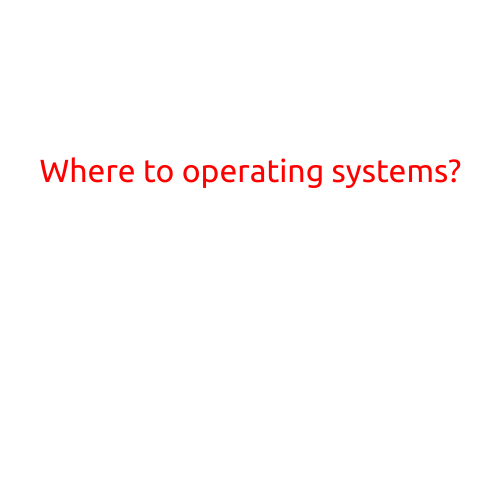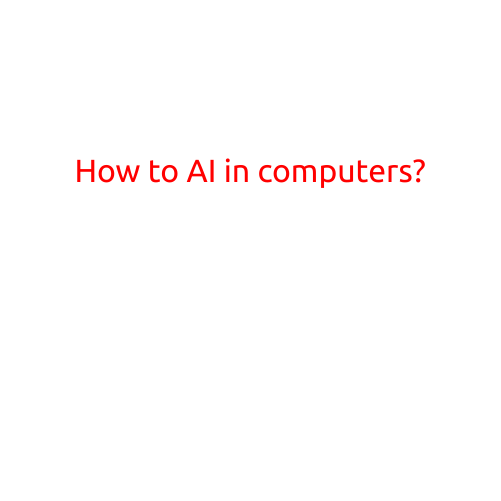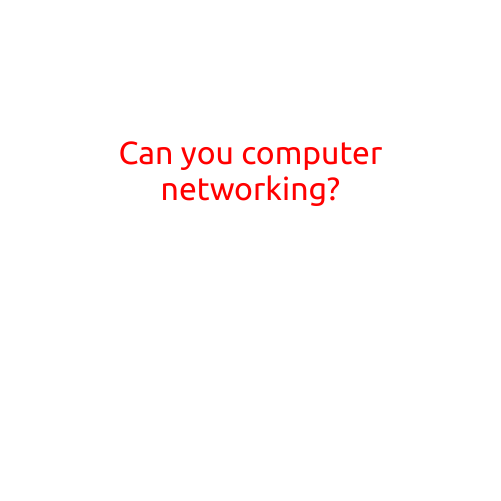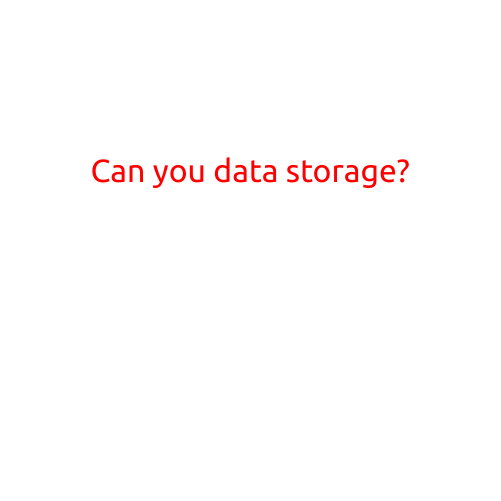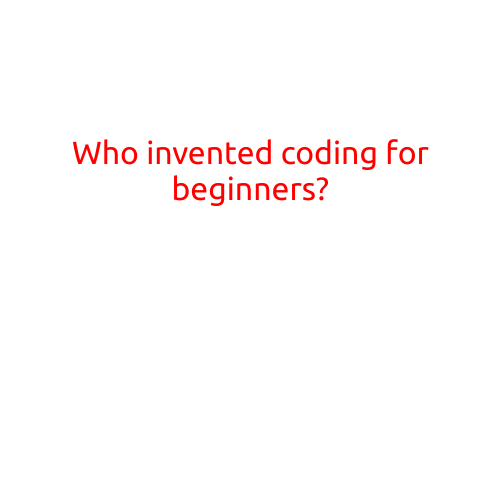
Who Invented Coding for Beginners?
Computing and coding have become an integral part of our daily lives, from smartphones to social media, and even to the way we shop online. With the rapid growth of technology, coding has become a vital skill that everyone should possess, regardless of profession or age. But have you ever wondered who invented coding for beginners? Let’s take a journey through the history of coding and find out who made it accessible to everyone.
The Early Days of Coding
Coding, or computer programming, has its roots in the 19th century when Charles Babbage, an English mathematician, designed and partially built the Analytical Engine. This mechanical computer was designed to perform calculations and execute instructions, laying the foundation for modern programming.
However, the concept of coding as we know it today didn’t emerge until the mid-20th century. In the 1940s and 1950s, pioneers like Alan Turing, John von Neumann, and Claude Shannon developed the theoretical foundations of computer science and programming.
The First Programming Languages
The first programming languages, such as Pascal and FORTRAN, were developed in the 1950s. These languages were designed for specific purposes, like scientific calculations or business applications. However, these early languages were not designed with beginners in mind.
The Beginnings of Beginner-Friendly Coding
The first programming language specifically designed for beginners was likely PROLOG, developed in the 1970s by Alain Colmerauer and his team. PROLOG was designed for educational purposes, making it more accessible to new programmers.
However, the language that truly introduced coding to the masses was BASIC (Beginner’s All-purpose Symbolic Instruction Code). Developed in the 1960s by John G. Kemeny and Thomas E. Kurtz, BASIC was designed to be easy to learn and use, making it an ideal choice for beginners.
The Rise of Visual Programming
The 1980s saw the emergence of visual programming languages, like HyperCard and Visual Basic. These languages introduced graphical interfaces, allowing users to create programs by dragging and dropping visual elements, rather than writing code from scratch.
Modern-Day Beginner-Friendly Coding
Today, coding is more accessible than ever, thanks to a wide range of beginner-friendly languages and tools. Some popular alternatives to traditional coding include:
- Scratch: A visual programming language developed by MIT, designed specifically for kids and beginners.
- Code.org: A platform offering interactive coding lessons and projects for beginners of all ages.
- Online Coding Platforms: Websites like Codecademy, FreeCodeCamp, and Coursera offer interactive coding lessons and courses for beginners.
Conclusion
From Charles Babbage to the modern-day coding platforms, the journey of coding for beginners has been a long and winding one. While coding was initially reserved for experts, the development of beginner-friendly languages and tools has made it accessible to everyone. Whether you’re a student, a hobbyist, or a professional, there has never been a better time to learn coding. So, who invented coding for beginners? It’s a collective effort of pioneers in the field, who have worked tirelessly to make coding accessible to all.

